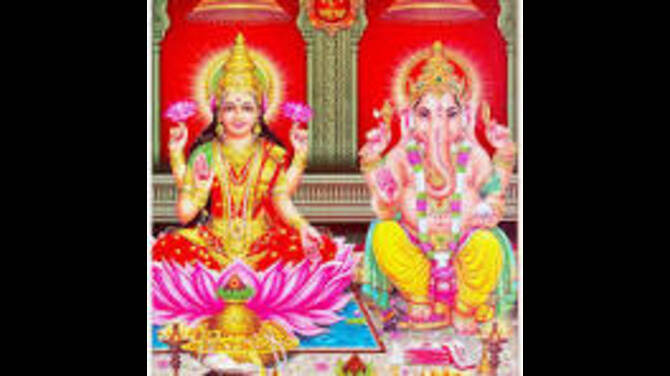
Complete Diwali Puja Kit for a Traditional Celebration
A Diwali Puja Kit serves as a collection of essential items needed to perform the puja rituals.

© 2024 Crivva - Business Promotion. All rights reserved.